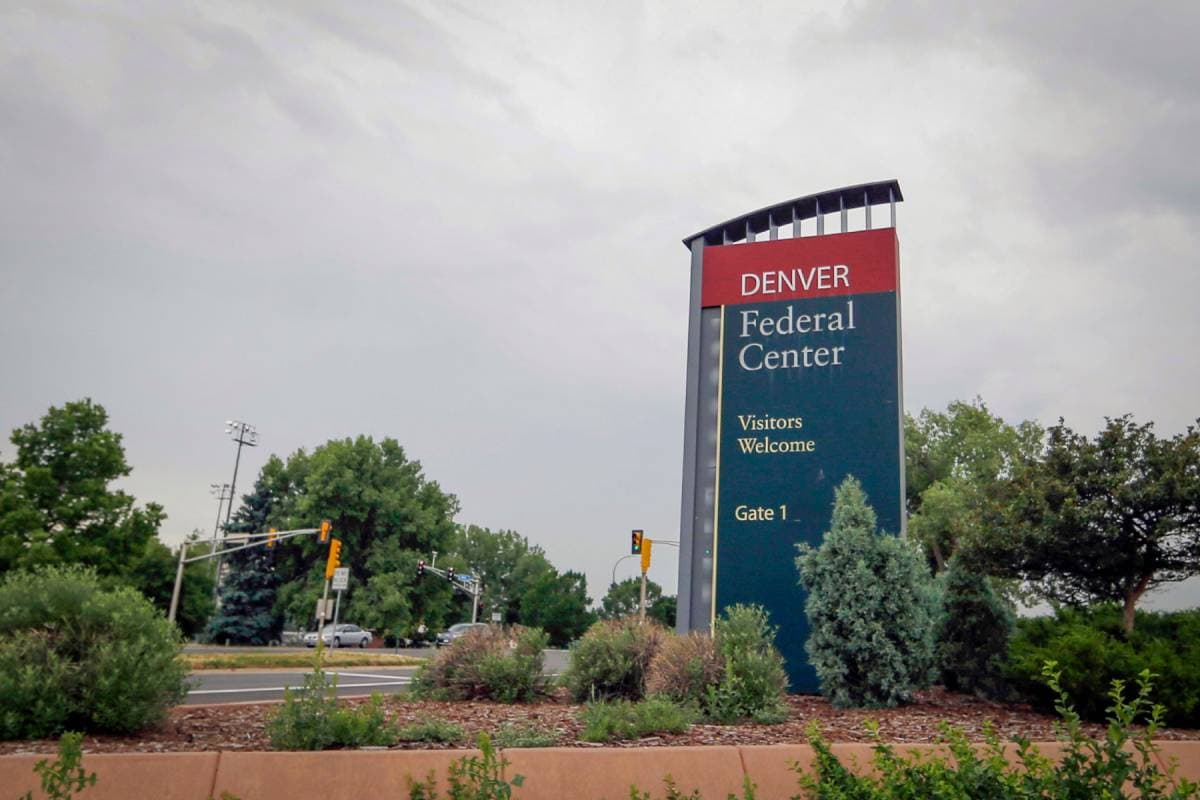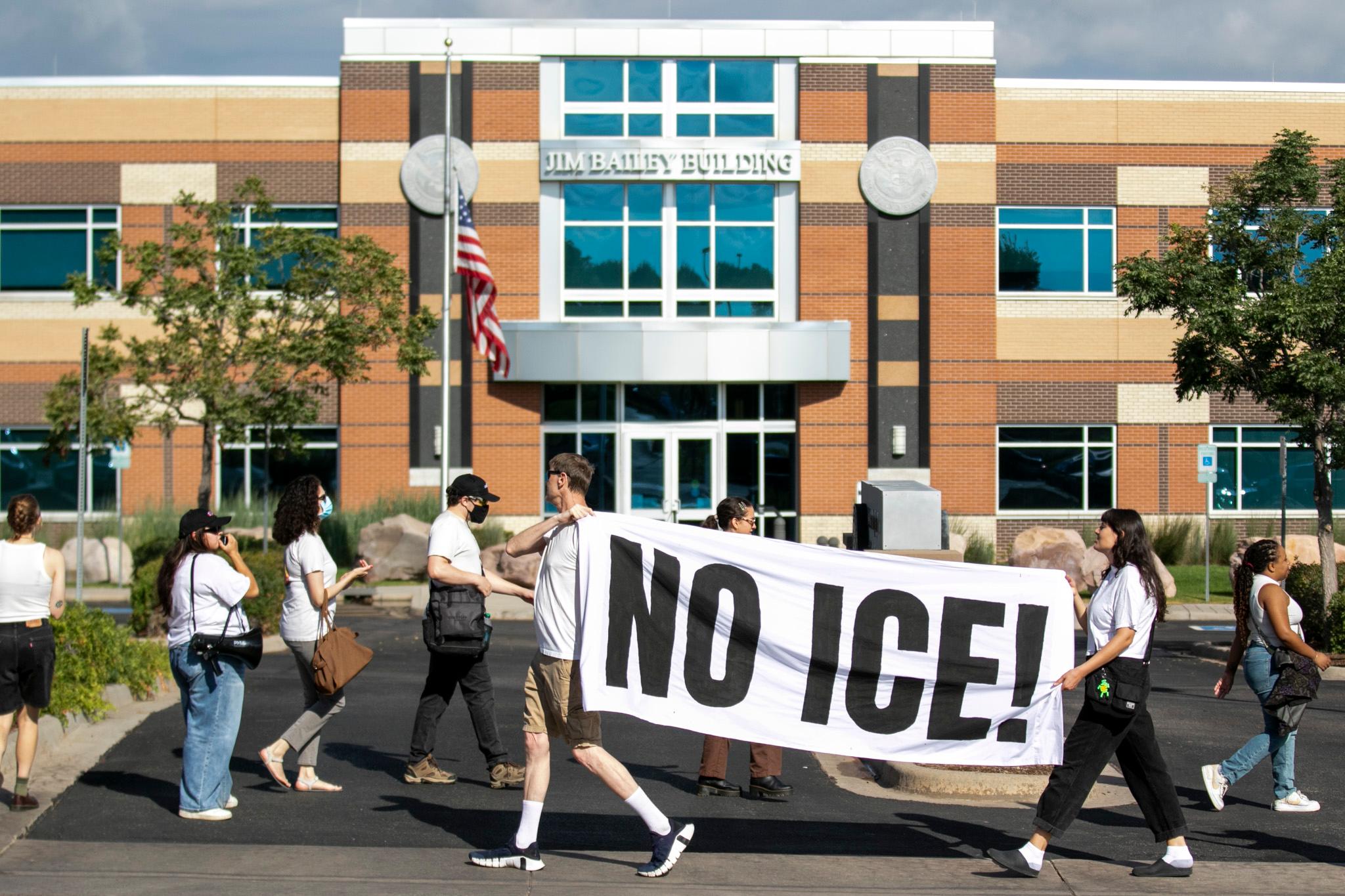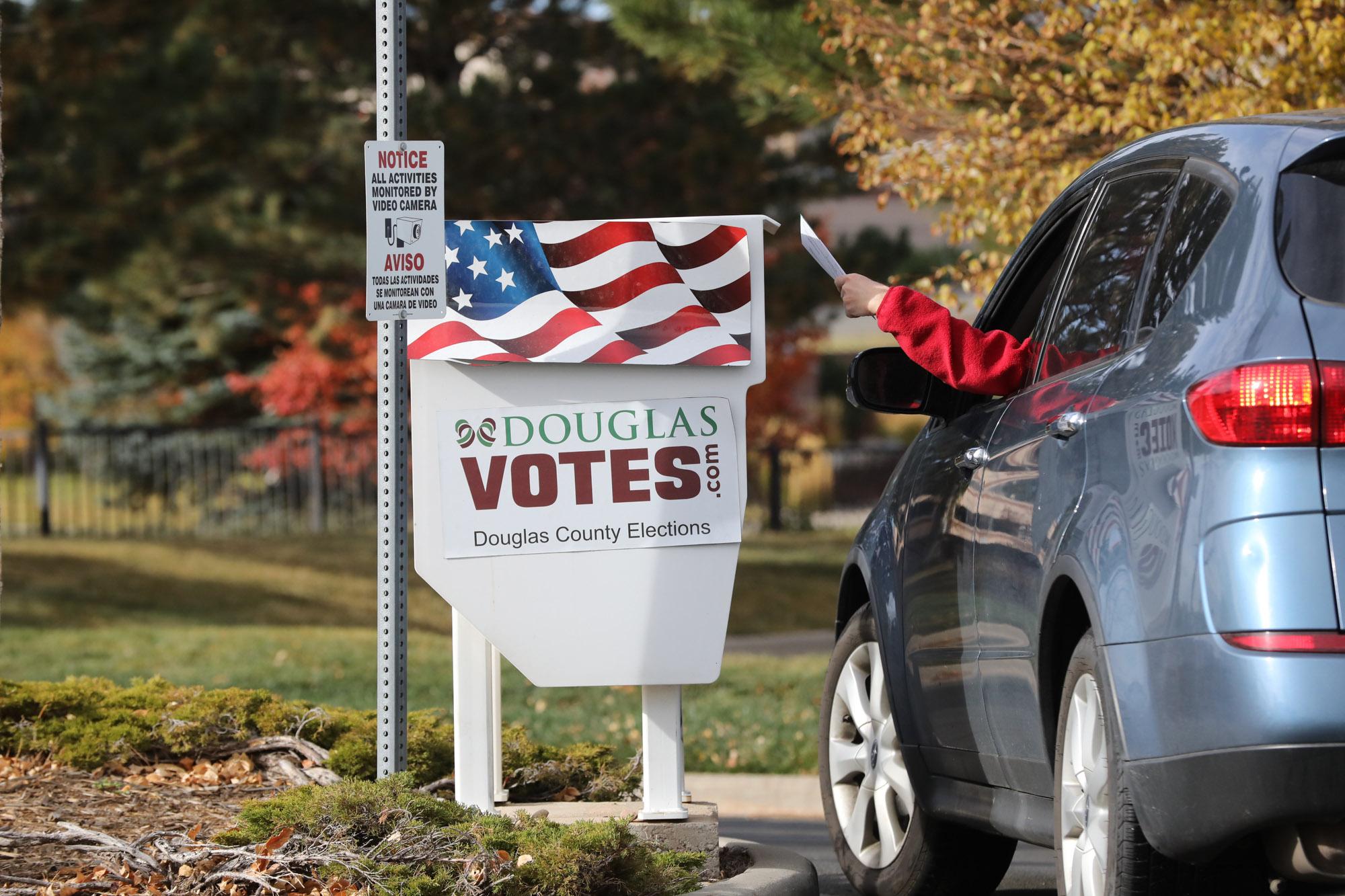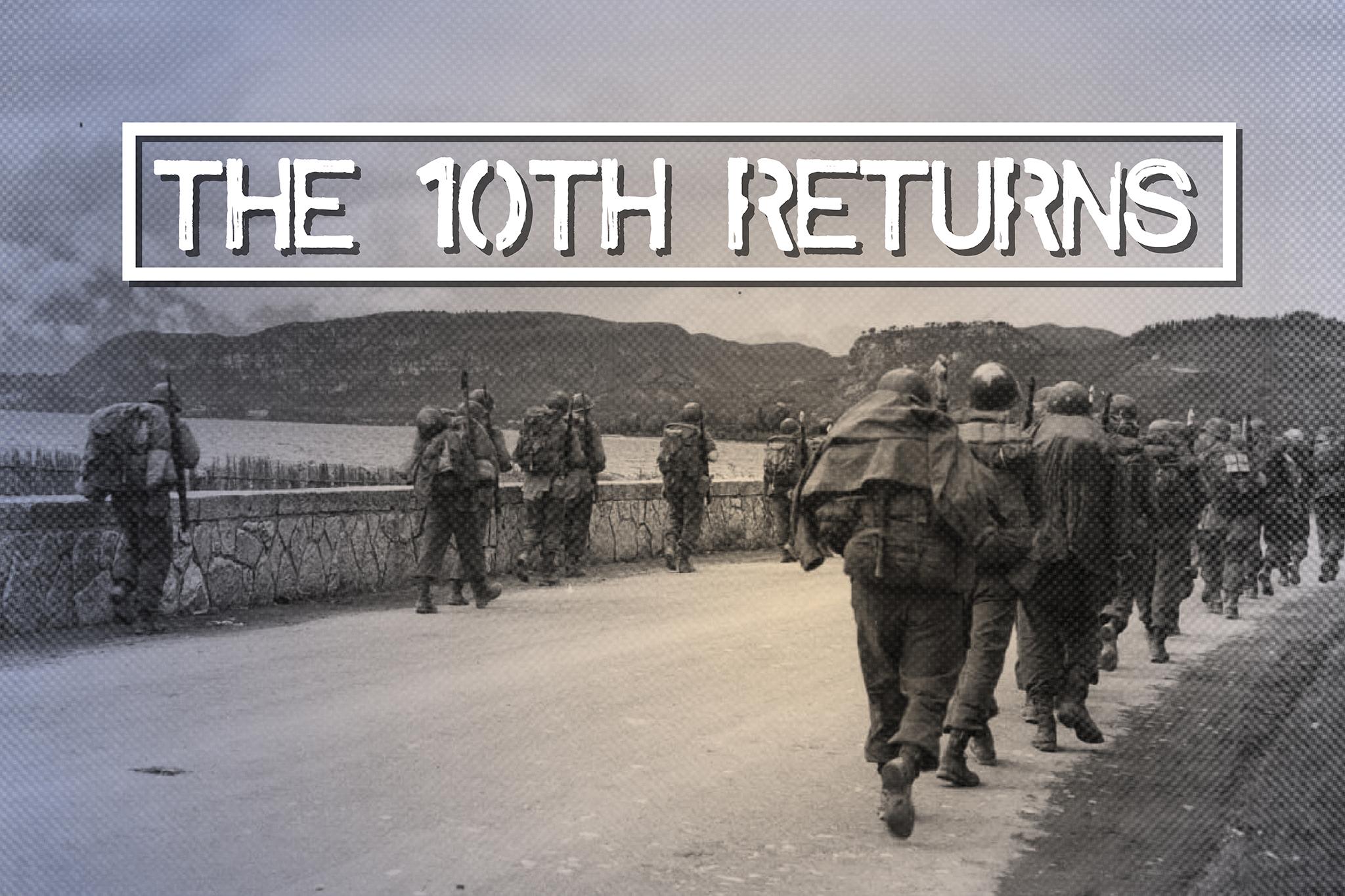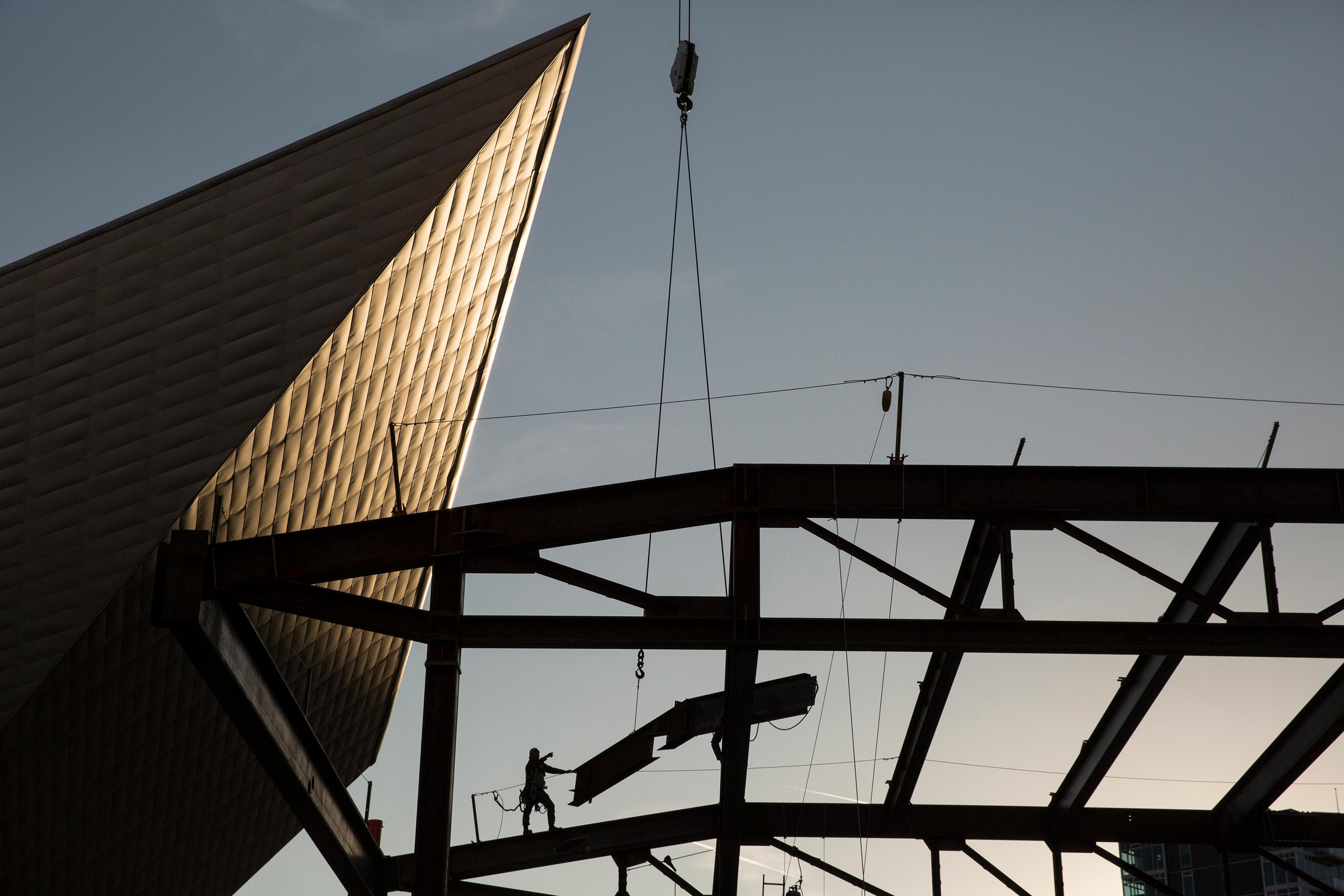

Colorado’s economy is expected to add more than 53,000 jobs in 2019. University of Colorado economists forecast growth across all sectors and that the state will rank tops in other key economic measures.
In other words, the winning streak should continue, despite recent spasms in the stock market.
“Nobody has a recession in 2019,” stated Richard Wobbekind a professor at the CU Boulder’s Leeds School of Business. “The stock market seems to be on its own.”
While next year is expected to be sunny, there are storm clouds on the horizon. Barring some unforeseen circumstance, many expect a recession in 2020 or even 2021.
The Fight For Workers
Jobs are expected to grow 2 percent in the new year. While not as fast as previous years, it’s “a pace that will likely keep Colorado in the top 10 nationally,” the CU report said. Professional and Business Services, arguably the most desirable sector, will see the largest growth. CU forecasts 11,400 new jobs in that higher education wage, higher wage sector which includes lawyers, engineers and computer design.
Other leading sectors have a very different worker profile.
Forecasters expect retail, restaurant and hotel jobs to see tremendous growth. These jobs follow the professional jobs and are supported by the spending of higher wage workers. Trade, Transportation, and Utilities (including retail jobs) will grow by 8,700 jobs. The Leisure and Hospitality is expected to add 7,500 jobs.
The competition for hotel and restaurant workers is especially intense and has pinched the state’s gambling industry. The December opening of the massive Gaylord Resort in Aurora, along with the growth in tourism generally, has hotels scrambling for people to make beds, cook food and check in guests. Growing confidence in the economy has more people travelling for business and pleasure.
The good news for low-wage earners is the pay isn’t so low anymore. Intense competition for all workers, especially as unemployment hovers around 3 percent, has pushed paychecks up.
All Colorado industries have seen wage growth. Average annual pay was up 3.1 percent in 2018, according to the report. However, inflation was up 3.2 percent in the first half of 2018, which led some workers to feel that they moved sideways.
A Workforce Evolution
Beyond pay, the need for talent up and down Colorado’s economy, continues to reshape the workforce in profound ways. CU economists note a substantial increase in the Labor Force Participation Rate in Colorado, from a low of 66.6 percent in 2015 to 69 percent in 2018. That was enough to rank Colorado third highest in the nation for participation. Even younger generations, long a source of concern among economists, are working at much higher rates here than in other states.
Colorado’s population boom still holds sway. Californians, Texans and New Yorkers continue to move in and fill many of the open jobs. In-migration to Colorado has weakened over the years, but a net in-migration of 50,000 is expected in 2019. A byproduct of the ballooning population is many have left the Denver metro for cheaper locations, which the CU economists warn could be a risk to Colorado’s long-term growth. While wages are up, they have not grown as fast as home prices or average rents.
The population growth is also a driver of construction, in both offices and homes. An additional 28,100 single family homes in 2019 will help to drive construction employment to 176,800 workers, a 2.9 percent increase. There’s also a fair amount of public projects on the books, including a $1.5 billion renovations at DIA and another $1.5 billion in school bonds approved in the last election.
Ag Still Lagging
While all sectors are expected to grow jobs next year, not every industry feels good about future prospects. Agriculture, in particular, is still in a prolonged downturn. The drought that covered half the state last year ate into rancher profits. Cattle ranching is king in Colorado and represents the majority of the ag economy. But farmers also felt the pinch. Prices for corn and wheat are low, due to oversupply globally. CU expects 2018 farm and ranch income to be the lowest since 2002.
“Farmers are always fighting the weather, but now they are weathering a storm of low commodity prices, trade uncertainties, and unfavorable economic conditions,” the report states.

